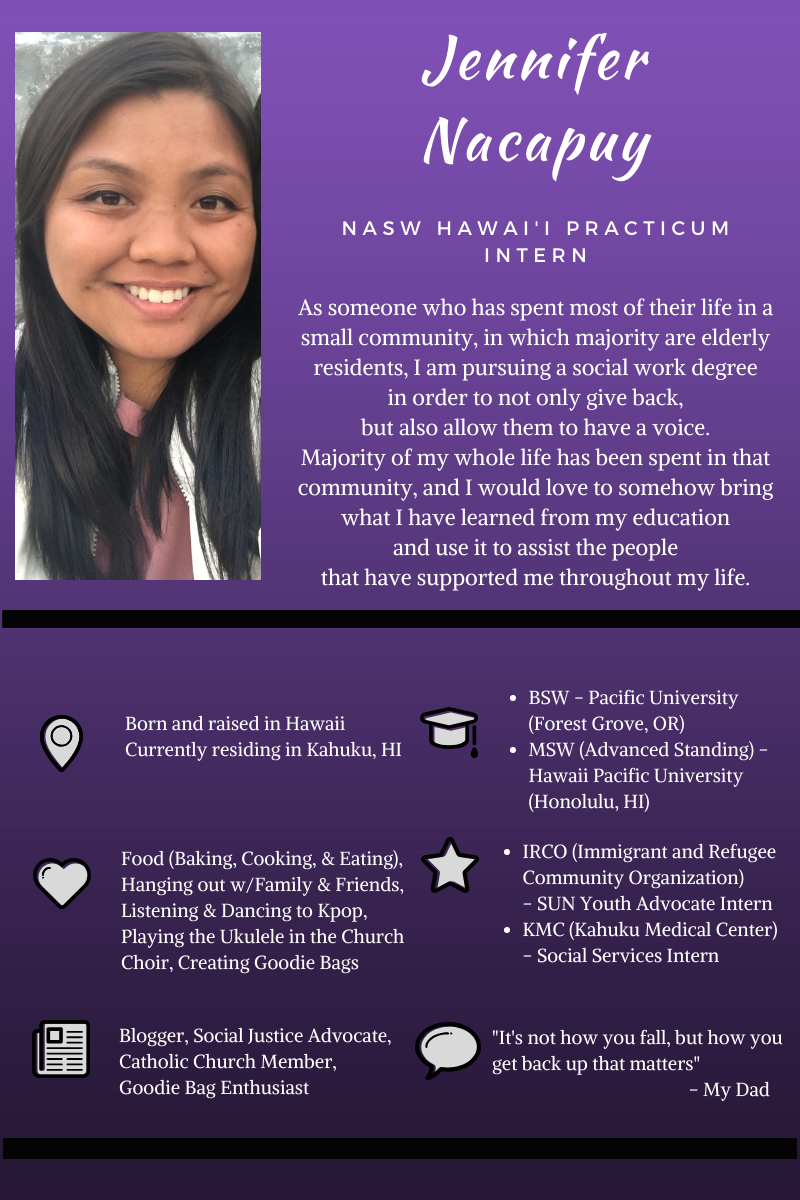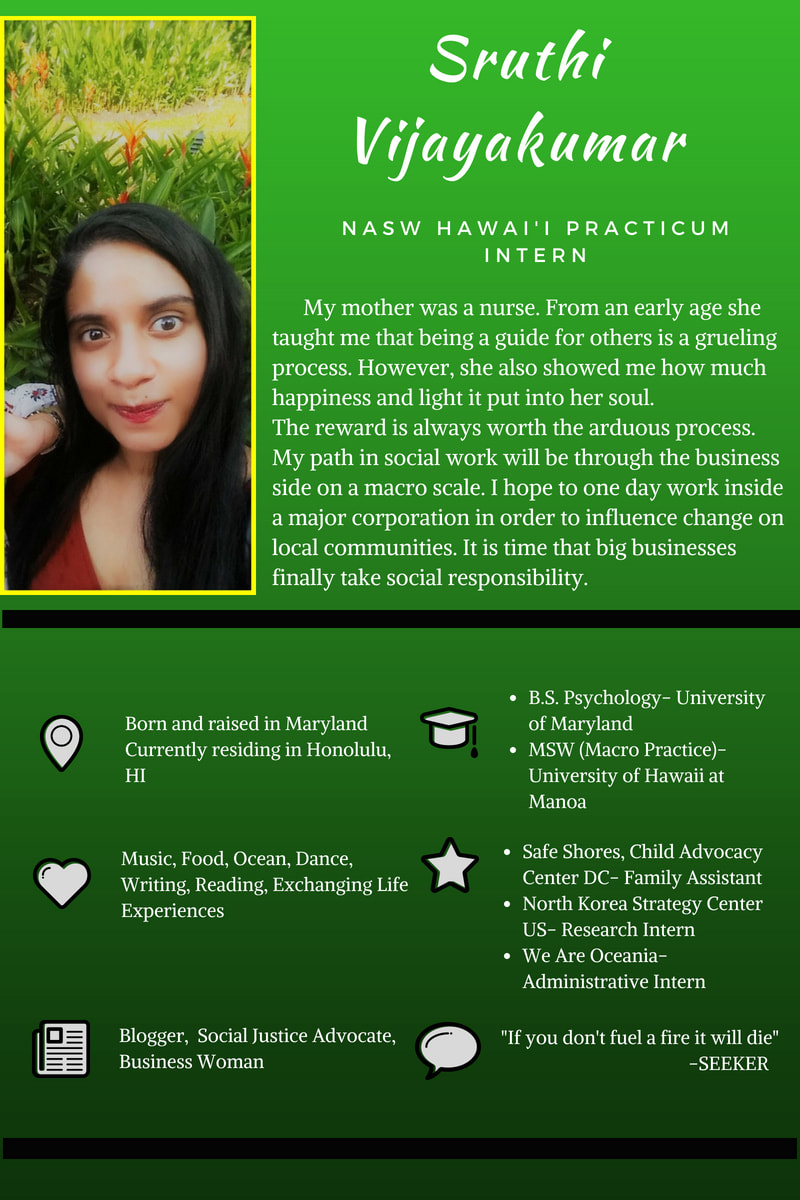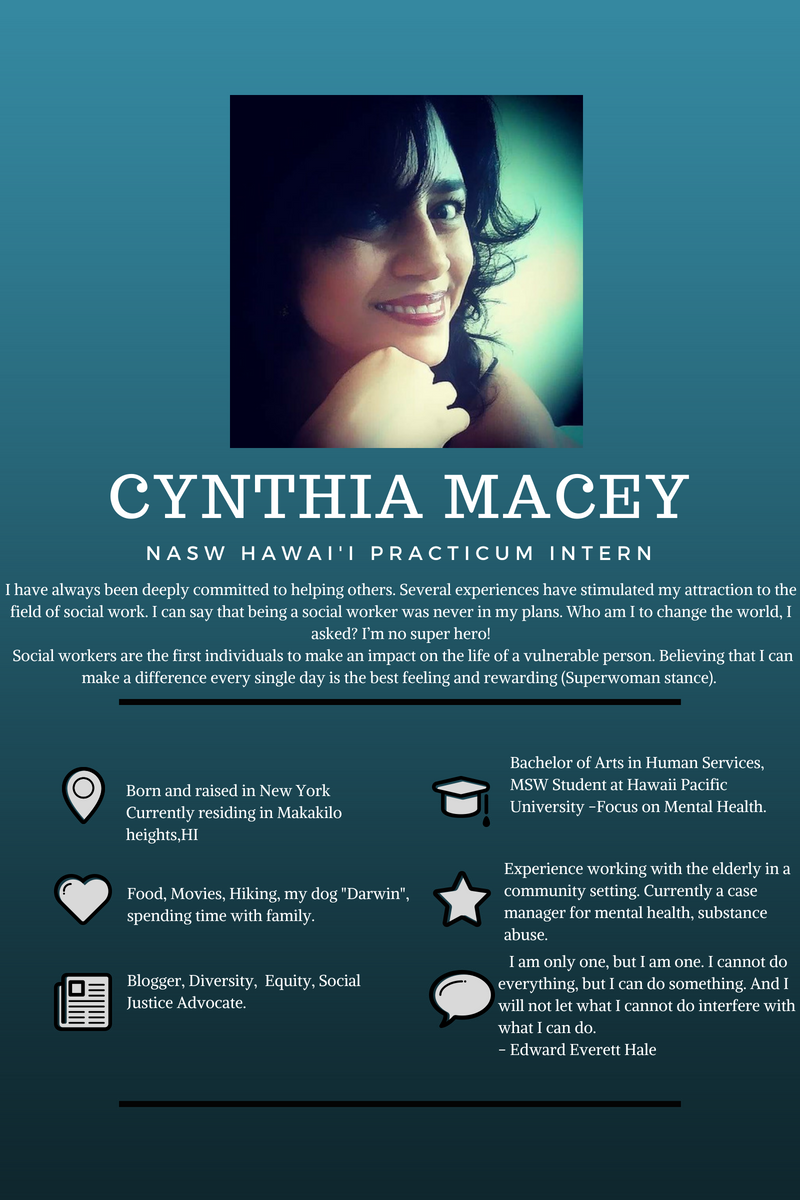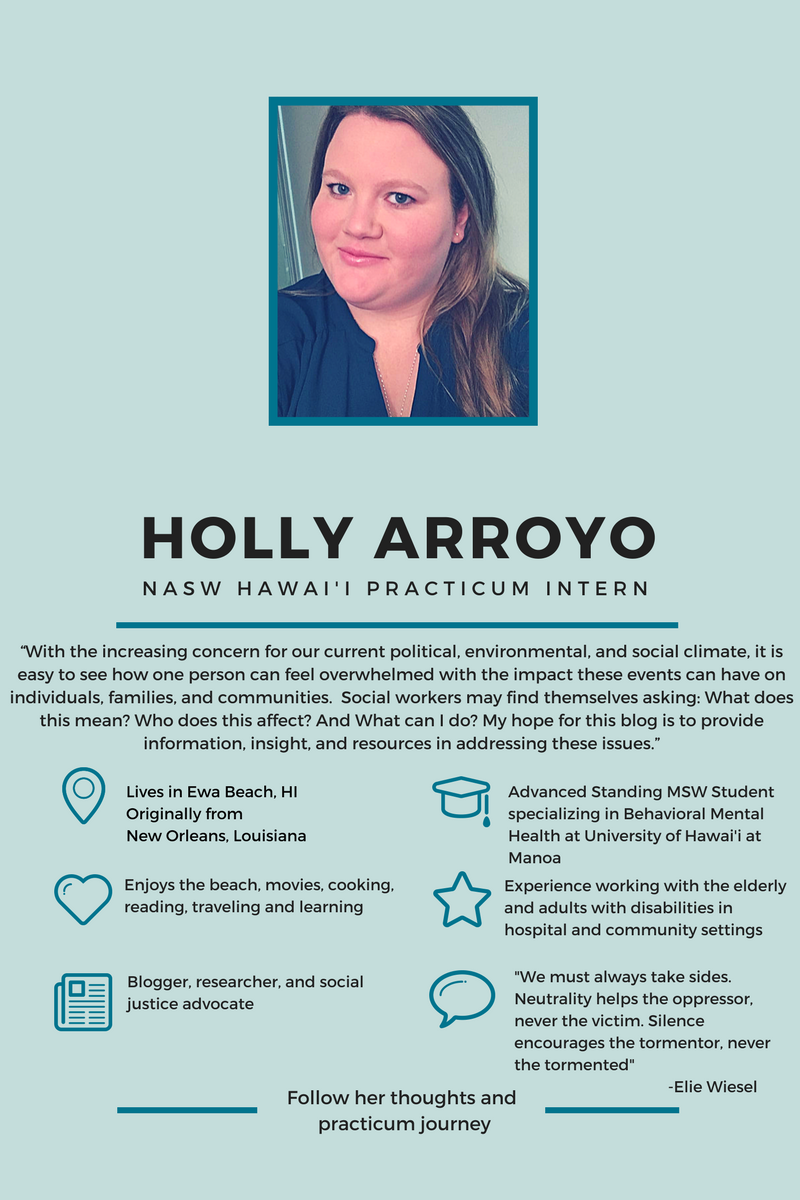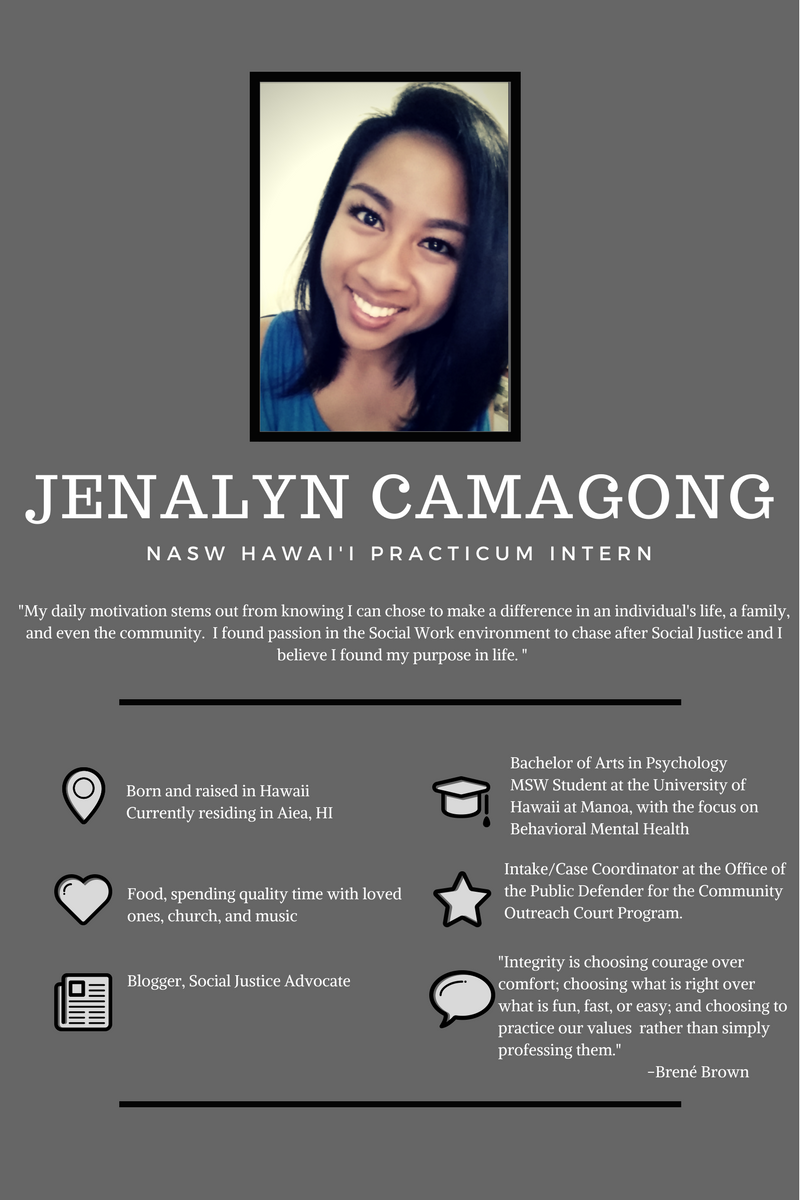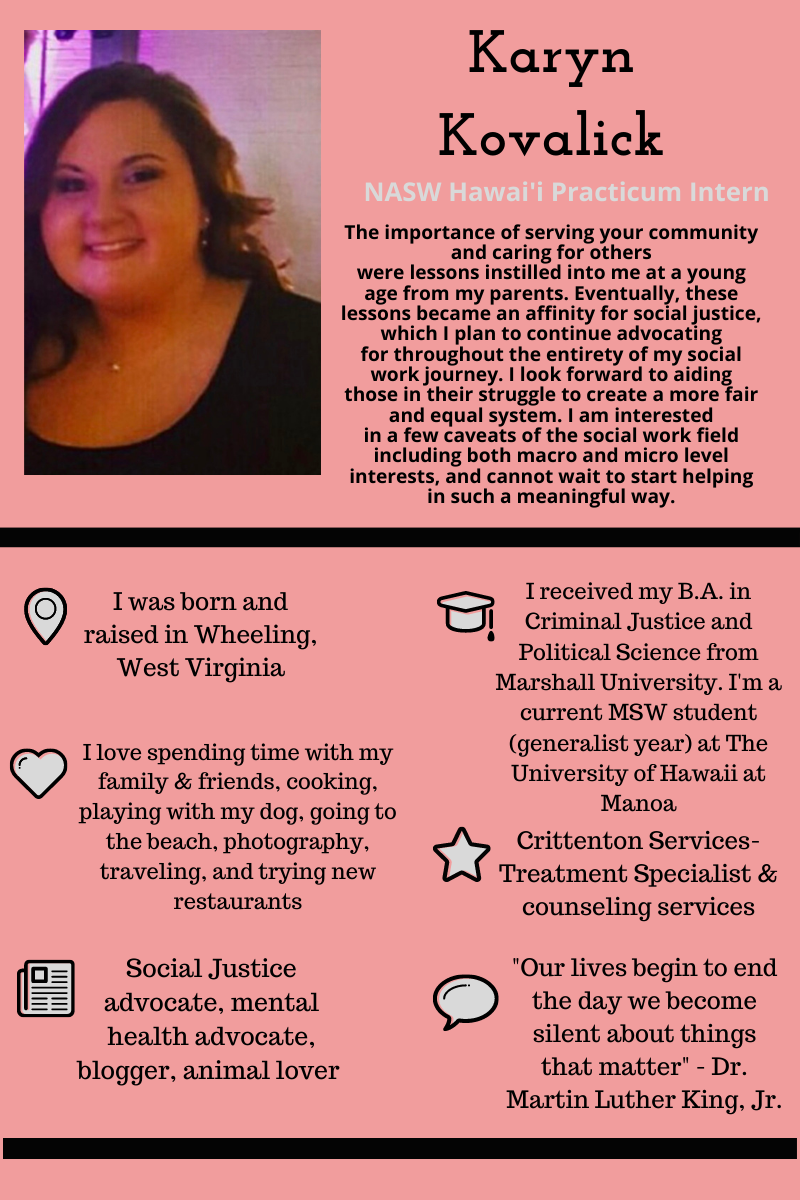|
By Holly Arroyo
Over the past few months, I have been researching the necessary steps for me to take in order to achieve a life-long dream of mine: moving to England. Since the age of 10, I have dreamt of living and working in England, ever since I first read a historical fiction novel about Queen Elizabeth I. I even majored in history in college before switching social work. Now that I am an adult with a little bit of savings, one degree under my belt, and no children or significant other to worry about, I figured now would be the perfect time for me to make my dream a reality. During my research, I learned something very interesting about social work in the U.K: social workers are titled protected in all four United Kingdom countries (The British Association of Social Workers, 2017). The more I learned about this, the more I began to ask myself, “Why hasn’t the U.S caught up to countries like the U.K when it comes to title protection?”. I wish the answer was simple. In an effort to provide some information on the issue of title protection for social workers in the U.S, let me first start by stating that I am by no means an expert in this area. All the information I have was gained from research gathered for my own personal and professional edification. I may choose one day to write a more extensive paper on the issue, but for now, I am only focusing on the areas of the U.S that I have firsthand knowledge of in regard to social work licensure: Hawaii and my home state of Louisiana. But first let’s discuss what title protection means and what has already been done in the U.S to help regulate and protect the social work profession. So what is “title protection”? Title protection means the use of a professional title is restricted to only those individuals who meet the specific qualifications and criteria as determined by a professional governing body. In the U.S, there is no national title protection for social workers. Instead, each state has its own laws regarding the title of social worker. I can not stress enough, it is important to be familiar with the laws and procedures of any state that you choose to work in as a social worker, as they are all different. While there may not be a national governing body that regulates the title of social worker, there are several national organizations that regulate the licensure of social workers. The first organization is the Council of Social Work Education (CSWE) which is an association that focuses on the accreditation of social work programs in higher education. In states that offer social work licensure, a bachelor or masters degree in social work from a CSWE accredited program is required. In addition to a degree from an CSWE accredited program, some states require an exam for different levels of social work licensure. For example, all clinical social workers require licensure which involves the passing of an exam and the accumulation of clinical, supervised hours determined by the state (CSWE, 2017). The Association of Social Work Boards (ASWB) is the organization that provides the social work licensing exams for bachelors, masters, and clinical levels of social work, though not all states require examination at all levels of licensure (ASWB, 2017). Finally, the National Association of Social Workers (NASW) is the largest membership organization of professional social workers in the U.S. “The NASW works to enhance the professional growth and development of its members, to create and maintain professional standards, and to advance sound social policies”. The NASW Code of Ethics establishes values, principles, and standards that guide decision making and conduct of social workers (NASW, 2017). As I mentioned earlier, my knowledge of individual state’s title and licensure laws is limited to Hawaii and Louisiana. Here in Hawaii, the Department of Commerce and Consumer Affairs (DCCA) provides the professional licensure for the following social work titles: Licensed Bachelor Social Worker (LBSW), Licensed Social Worker (LSW) and Licensed Clinical Social Worker (LCSW). The state of Hawaii offers licensure for social workers with degrees from CSWE programs and passing scores on ASWB examinations (DCCA, 2017). The title of social worker in Hawaii is protected for those with a social work license, but there is one exception to this rule. Positions within the state government of Hawaii can be classified as “social worker” but do not exclusively require a social work license, but rather a degree and experience in the social services sector. Alternatively, those with social work degrees can work without a license in social services positions but cannot call themselves “social worker” and are instead often called “case managers”, “service worker”, or “case workers”. Currently, I work as a case manager for a non-profit and I have a bachelors in social work, but I do not have a social work license. Therefore, I am a case manager, not a social worker. Now, if I decided to move back to Louisiana, it would be a different story. Louisiana licensing laws determine title by education. Once a student graduates with a degree in social work from a CSWE accredited program and they plan to find a job, they must register with the Louisiana State Board of Social Work Examiners (State of Louisiana, 2017). I remember my undergrad professors telling me, “any job you get, once you graduate college with a social work degree, you have to be licensed. It doesn’t matter if the title says ‘social worker’ or not; if you work with people, it’s social work”. Again, I could continue to go on about how the U.S constitution makes national title protection difficult due to preservation of states’ rights and I could elaborate on all the possible pros and cons of implementing a national standard for social work licensure. But I wonder if there is a way for social workers to have title protection under a nationally recognized governing body while still maintaining state autonomy? This way states can still address specific needs unique to their populations and the social work profession has the power of national title protection. Maybe the U.S could look at how others like the U.K have achieved title protection and work with current organizations like the CSWE, ASWB, and NASW on what national title protection would look like here in United States. References Association of Social Work Boards. (2017). Retrieved October 20, 2017, from https://www.aswb.org/ Council on Social Work Education. (2017). Retrieved October 20, 2017, from https://www.cswe.org/ State of Hawaii. (2017). Department of Commerce and Consumer Affairs: Professional & Vocational Licensing. Retrieved October 20, 2017, from http://cca.hawaii.gov/pvl/programs/socialworker/application_publications/ State of Louisiana. (2017). LOUISIANA STATE BOARD OF SOCIAL WORK EXAMINERS. Retrieved October 20, 2017, from https://www.labswe.org/ The British Association of Social Workers. (2017). Thinking of working as a Social Worker in the UK? Retrieved October 20, 2017, from https://www.basw.co.uk/international/overseas/ Workers, N. A. (2008). NASW Code of Ethics (Guide to the Everyday Professional Conduct of Social Workers). Washington, DC: NASW.
4 Comments
3/2/2021 10:59:26 am
My sister has been thinking about going into social work because she would really like to help others put their life together. She would really like to get her license from a professional in order to be a lot safer. I had no idea that a case manager won't have a license even if they have a bachelors in social work.
Reply
Barbara Mapalo
6/20/2021 02:51:59 pm
How can we move forward with title protection?
Reply
Richard W.Walsh, LCSW-R, DCSW
7/20/2021 08:15:57 pm
Maine should follow the precedent of NY and other states where this title "Licensed Social Worker" is protected by statute. Maine children and families and deserve this statute.Thank you for this posting!
Reply
Jo Whitmire
3/18/2023 01:33:49 pm
Considering that “Social Workers” in the U.K. can hold nothing more than a DipSW (equivalent of an Associate’s degree although now I think they’ve increased the requirement to a Bachelor’s), the requirements for so-called ‘Title Protection’ are very low. The pay is very low. The opinion that social workers hold in public opinion is very low. 95% Are in Children and Family Services with extremely tough cases. Immigration to the U.K. has some of the most extensive requirements in the world (unless you’re from a 3rd world country) and are based on a point system. Social Work there is nothing, NOTHING like it is in the U.S.
Reply
Leave a Reply. |
Author2020 Spring Semester blog posts are written by Jennifer Nacapuy. 2018-2019 Academic Year blog posts are written by Sruthi Vijayakumar & Cynthia Macey. 2017-2018 blog posts were written by Holly Arroyo & Jenalyn Camagong CATEGORIES
All
ARCHIVES
September 2020
|

